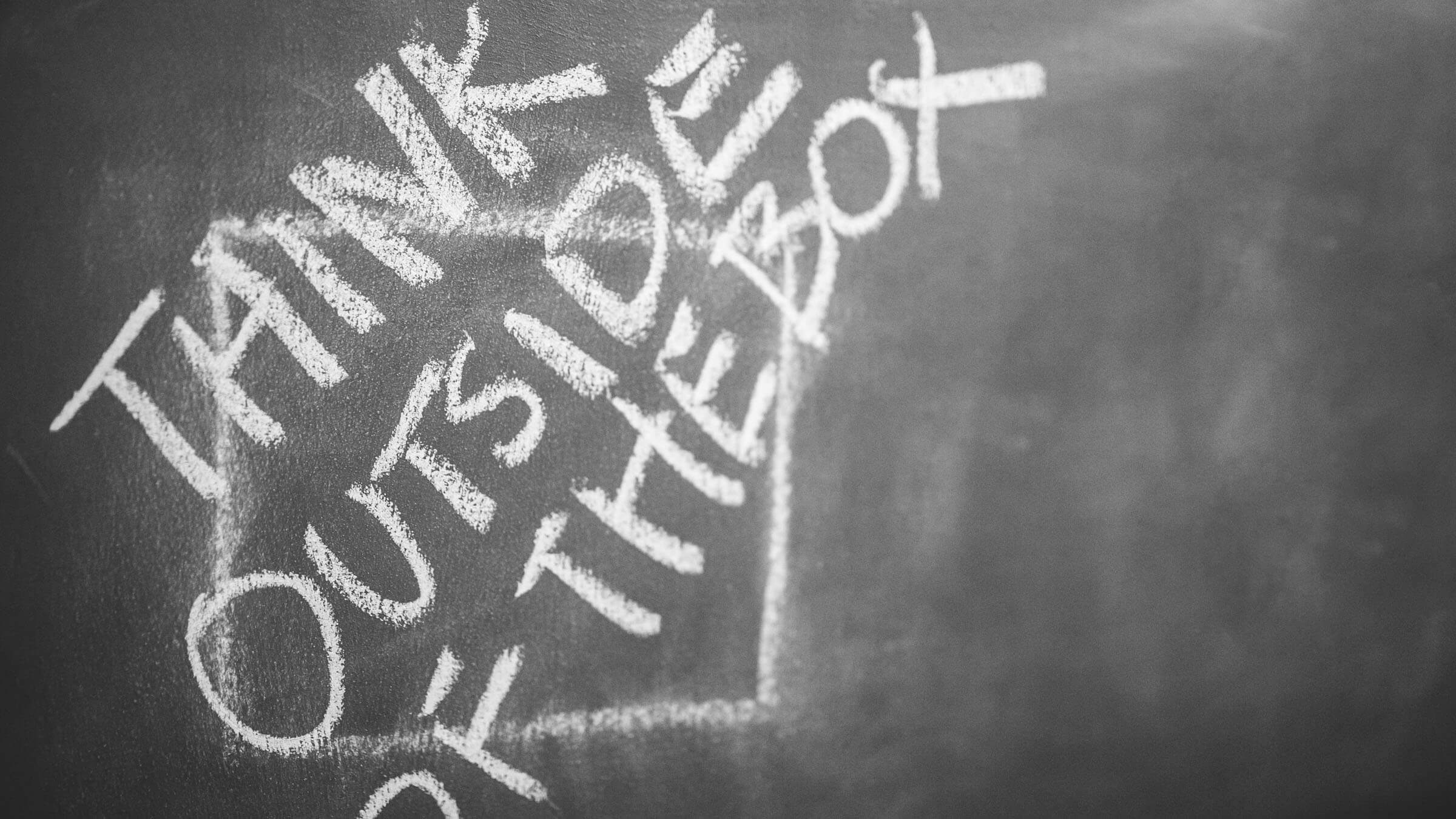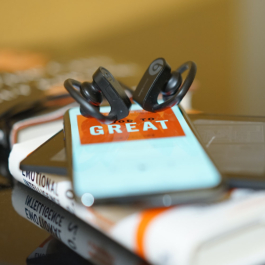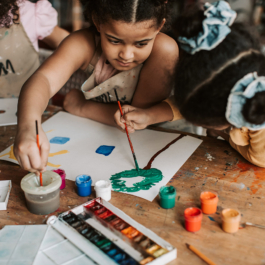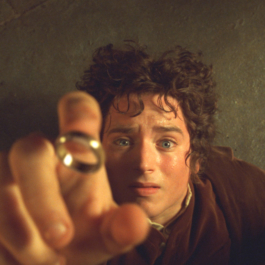Considering the world’s most challenging problems – and trying to come up with possible solutions – can lead to ostrich syndrome, but burying your head in the sand won’t solve anything (except maybe a bad hair day). Instead, we’re inspired by these entrepreneurs, nonprofits and research projects who start small by focussing on one specific dilemma and coming up with smart, simple or ingenious solutions that make the world a tiny bit better.
Hunger
The Innovation Accelerator launched by the World Food Programme is harnessing startup energies to support internal innovations and external entrepreneurs in the fight against hunger. Projects are already using blockchain technology to provide food assistance in Pakistan, enabling smallholder farmers to operate more efficiently through an app being tested in Guatemala, and reducing post-harvest losses in sub-Saharan Africa with low-cost storage. Each innovation aims to inch them a step closer to the United Nations goal of ending world hunger by 2030.
Food Waste
Anywhere between 25 and 50 percent of the food produced in the world is lost or wasted. Solutions to this complex and challenging problem include improved distribution, packaging and storage, increased use of scraps and trimmings, as well as re-use and redistribution of surplus produce. Our favourite trend, which has been gathering traction through clever marketing, is the rebranding of “ugly” vegetables as the secret cream of the crop. Thanks to their their non-standard shapes, crooked cucumbers, curved carrots and lopsided leeks have gone from farmyard rejects to eccentric darlings of the organic market. Check out Rotterdam-based Kromkrommer or San Francisco-based ugly produce subscription provider Imperfect Produce to learn more.
Arable Land Shortage
Even more efficient farms and reduced waste won’t make up for the fact that, in the future, the world will have to produce more food on less land, as many regions are affected by extreme climate, soil degradation and urbanisation. Vertical farming, aquaponics and hydroponics seem to be the way forward, making it possible to grow fruit, vegetables and herbs on small properties in urban environments, without soil and with minimal water use. Obviously large-scale global implementation will have the biggest impact, but thanks to startups like Grove, you too can be a farmer of the future, right in your own home.
Water Accessibility
Much like food shortages, the current water scarcity will require a number of solutions, implemented at various levels, to ensure all humans have access to clean water by 2030. They range from long-term measures like re-naturalisation and biodiversity to prevent droughts, or protection of forests and wetlands against desiccation, to immediate solutions like greywater use for irrigation and innovative water filters like the Drinkable Book, which enables people to purify their own water, even when there is no source of potable water nearby. World Water Day is coming up on 22 March – as good an opportunity as any to find out more about what you can do to support the cause.
Air Pollution
In addition to government measures like driving bans, reduction of fossil energy use and industrial emission standards, the fight against air pollution is increasingly catching the imagination of artists and designers. The Smog Free Tower by Dutch Studio Roosegaarde purifies 30,000 cubic metres of air per hour – currently in infamously murky Beijing – and turns the dirt filtered from urban smog into jewellery, which is in turn sold to finance the project. Meanwhile, the pollution from two other BRIC cities – Delhi and Bangalore – has been made into Air-Ink. The smallest pen available through the project’s Kickstarter contains pollution collected from a diesel car over the course of 40 minutes.
Ocean Pollution
A significant percentage of millennials first found out how dangerous plastic six-pack rings are to marine life when Lisa Simpson inadvertently inspired Mister Burns to use millions of them as large scale dragnets. Fast forward twenty years, and there may finally be a way to eliminate at least this small part of the rubbish polluting our oceans. Saltwater Brewery are currently patenting a biodegradable and compostable alternative made from brewing byproducts wheat and barley. In the event that these eco-friendly six-pack rings do end up in the ocean, they will dissolve and can safely be eaten by animals.
Plastic Pollution
Even if the world never again produced another piece of plastic, there’s already plenty of it polluting our oceans (by various estimates 5 million pieces, 8 million tonnes, or more plastic than fish by 2050). In addition to eliminating unnecessary synthetics, we need to figure out what to do with those already out there. A smart way of doing so is to recycle ocean plastic and turn it into shoes (adidas x Parley for the Oceans), jeans (G-Star RAW for the Oceans) or furniture (IKEA).
Climate Change
Another case of reduce before recycle is carbon dioxide. Although reducing greenhouse gas emissions should take top priority, preventing them from entering the atmosphere is a step in the right direction. Startup Opus 12, founded at Stanford University, was recently granted the Roddenberry Prize for its research, converting carbon dioxide into fuel. Awarded by the foundation set up in the Star Trek creator’s memory, the prize supports those that can help us “achieve the future that Gene [Roddenberry] imagined.“
Gender Inequality
The UN has recognised that gender equality benefits entire communities, accelerating sustainable development, driving economic growth and fostering education, nutrition and health. Whilst there is no single solution to the systemic, global inequalities between genders, technology can give young girls and women access to information, education and allow them to communicate with their peers. The nonprofit Girl Effect, created by the Nike Foundation, trains Technology Enabled Girl Ambassadors (TEGA) to gather data in their own communities. The gained qualification benefits the TEGAs, the data is useful to NGOs, and communities can receive more targeted aid in the long run.
Economic Inequality
Many of the world’s problems would eventually be solved once economic inequalities both within and between societies across the globe were eliminated. Effective altruism posits that the best way to change the world for the better is to take an evidence-based approach, evaluating your financial situation, skills and abilities to decide how best to spend your time and money on the right causes. Career advice website 80,000 Hours aims to help people build a life of effective altruism from the ground up, beginning with a career choice that will maximise the positive impact of the 80,000 hours in a working life.
Article by Fiona Brutscher














Sorry, the comment form is closed at this time.